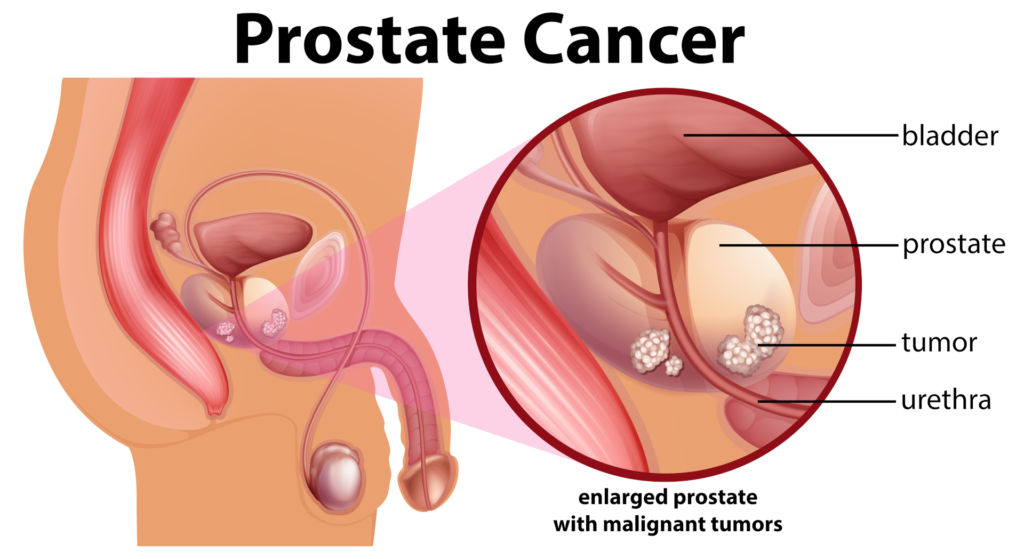
Both butter and margarine should be used very sparingly, experts caution. But if you choose to consume them, there are differences to keep in mind.
Butter on bread, pasta or potatoes provides that unmistakable rich, creamy taste. Melted, solid or creamed, it’s decadent in sweet and savory dishes. Margarine doesn’t quite have the same comfort food appeal, but, still, it’s a staple in many kitchens.
For this reason, you might be wondering which is healthier: Butter or margarine?
One or the other has been favored at different points in time as each product’s ingredients came under scrutiny. Here’s what the latest nutrition research says:
Are butter and margarine the same?
No. Butter and margarine seem pretty similar on the surface — they’re both fats that are spreadable and can be used in baking or pan-frying — but they have different ingredients.
Butter is an animal fat and dairy product made from churned milk or cream. By law, butter must be at least 80% butterfat, according to the U.S. Department of Agriculture.
Margarine is made from emulsified oils, but it still contains at least 80% fat, says registered dietitian Natalie Rizzo, nutrition editor for TODAY.
Ingredients may include palm oil, soybean oil, water and food additives like soy lecithin, an emulsifier. A major nutritional difference between margarine and butter is that since it’s usually made from plant oils, not dairy, margarine can be vegan.
Is butter healthy?
“There aren’t that many pros of eating butter, besides that taste. It adds big and rich flavor to food, making the food taste really good,” Rizzo says.
“In terms of nutrition, butter doesn’t have much upside. It’s high in calories and saturated fat.”
While butter contains vitamin A, one tablespoon of butter has more than 100 calories and 7 grams of saturated fat, she notes.
That’s more than half of the maximum amount of saturated fat a typical person should eat in a day, according to the American Heart Association. Saturated fats can raise LDL cholesterol and put people at higher risk for heart disease, it notes.
One study found that when people ate butter, their LDL cholesterol levels were “significantly increased” compared to those who consumed coconut oil or olive oil.
But scientists have been questioning whether the saturated fat in butter has the same harmful effect as the saturated fats in other foods, such as red meat, says registered dietitian Samantha Cassetty.
“A case could be made that butter may be more neutral from a health perspective than once thought, but it doesn’t provide the same disease-lowering risk as poly and monounsaturated fats,” she writes.
Is margarine a healthy food?
Like butter, there aren’t really any nutritional benefits to eating margarine, Rizzo explains.
“It’s not necessarily a pro, but margarine has (fewer) calories and (less) saturated fat than butter — about 90 calories and 4 grams of saturated fat per tablespoon,” she says.
Margarine used to contain harmful trans fats in the form of partially hydrogenated oils, which are made through a manufacturing process that turns liquid oils into solid fats.
Trans fat is even worse for heart health than saturated fats because it can cause cholesterol build-up in the arteries. But the U.S. Food and Drug Administration prohibited companies from adding partially hydrogenated oils to food in 2018, so consumers won’t find this type of margarine in the supermarket anymore, says Cassetty. Now that it’s been banned, margarine is not as unhealthy as it once was, Rizzo adds.
Since it’s usually made from vegetable oil, margarine can be dairy-free and vegan, but some brands contain small amounts of milk products. Margarine has little or no cholesterol.
Butter vs. margarine: Which is healthier?
There’s an argument to be made that butter is healthier because it’s less processed, but both of these foods should be limited due to their high saturated fat content, Rizzo says.
“My advice is to go with the one you like more and use it very sparingly,” she notes.
“Neither of these foods (is) an everyday food, in my opinion. Feel free to use them in a baked good that you make for the holidays or add a little to a dinner roll every once in a while, but it’s not a good idea to roast veggies or cook eggs in butter or margarine every day.”
What can I use instead of butter?
Rizzo recommends using olive oil in place of butter in cooking or baking.
“It’s just much better for you due to the unsaturated fat content,” she says.
Dipping bread into olive oil is a tasty alternative to buttering it. Plus, replacing margarine and butter with olive oil was associated with lower risk of mortality, a study found.




